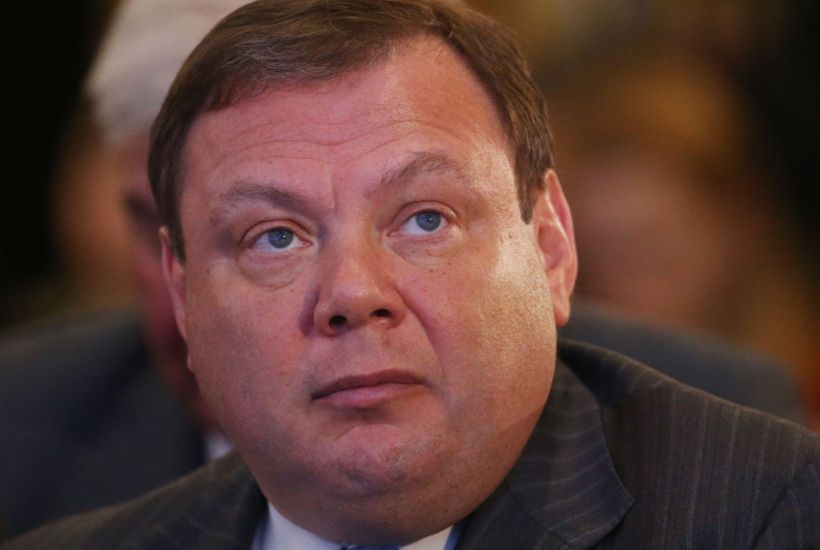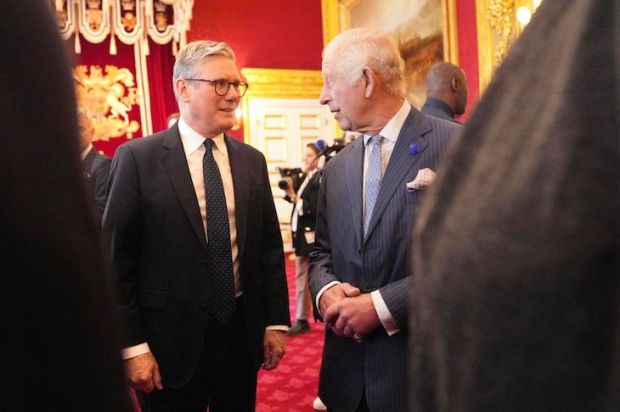Early on the morning of 1 December 2022, 50 helmeted and body-armoured National Crime Agency officers and a media relations officer burst into Athlone House, my home in Highgate, north London. They seized telephones and computers and issued a derogatory press release. The police could not name me, but pictures of the inside of my house with police officers inside soon circulated on social media.
Already a subscriber? Log in
Subscribe for just $2 a week
Try a month of The Spectator Australia absolutely free and without commitment. Not only that but – if you choose to continue – you’ll pay just $2 a week for your first year.
- Unlimited access to spectator.com.au and app
- The weekly edition on the Spectator Australia app
- Spectator podcasts and newsletters
- Full access to spectator.co.uk
Or



















Comments
Don't miss out
Join the conversation with other Spectator Australia readers. Subscribe to leave a comment.
SUBSCRIBEAlready a subscriber? Log in